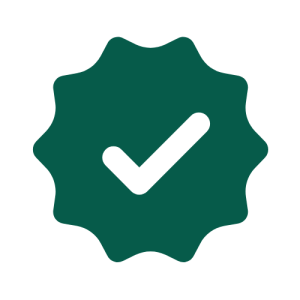Important definitions
- PPE (personal protective equipment) is protective clothing, helmets, eyewear or other garments or equipment designed to protect the wearer’s body from injury or infection. With the COVID-19, personal protective equipment is defined as the equipment provided to protect a worker from exposure to droplets of potential virus during the course of their work. PPE is provided to staff depending on required interaction with the public, medical tasks performed, and/or other tasks performed and based on the most applicable Canadian Medical Officer of Health Directives.
- N95 mask/respirator is a particulate-filtering face piece respirator that meets the US National Institute for Occupational Safety and Health (NIOSH) N95 classification of air filtration, meaning that it filters at least 95% of airborne particles. In the case of COVID-19, N95 masks are required only during high-risk medical procedures that create aerosol droplets. These procedures are called aerosol generating medical procedures (AGMP), and may include CPR, high flow oxygen, artificial ventilation, suctioning, nebulized medication delivery and supraglottic or endotracheal airway insertion. Any staff wearing an N95 must be fit-tested, using either a spray system or machine, to qualify and quantify protection level prior to use.
- Surgical masks (also known as procedural masks) are a medical grade three-ply mask that are worn during surgery and other patient care treatments to catch the bacteria shed in liquid droplets and aerosols from the wearer’s mouth and nose. When worn properly, they are designed to protect the wearer from inhaling airborne bacteria or virus particles, but are less effective than N95 or higher protective masks. Surgical masks are regarded as the standard PPE for dealing with COVID-19 positive cases, or in cases where confirmation of COVID-19 status cannot be determined, but patient care or medical treatment is performed. Surgical masks can also be used to improve infection control amongst residents and staff members in residential facilities.
- Alternate masks are defined as non-certified mask options that may be used in times of PPE scarcity or to promote infection control amongst cohorts of people in the same general area (i.e. within a business, in a vehicle with other people, or other lower risk situations). While there is no evidence of virus prevention, the physical barrier does limit the transmission of droplet particles by the wearer to others. Alternate mask use may be recommended for staff members use within the workplace by the MOH at the request of the applicable GM, or to and from the workplace, as an additional safety measure to promote infection control and limit the potential of staff-to-staff transmission. In the event of a shortage of surgical masks, alternate masks will be deployed for moderate risk situation as indicated above.
- Reprocessing is a term used for the collection, disinfection and reuse of masks using a machine that is certified by Health Canada to ensure masks meet all legislated standards of protection. Reprocessing will be completed by Norfolk County in order to address potential shortages of PPE in the future and to provide the best available protection for all workers
